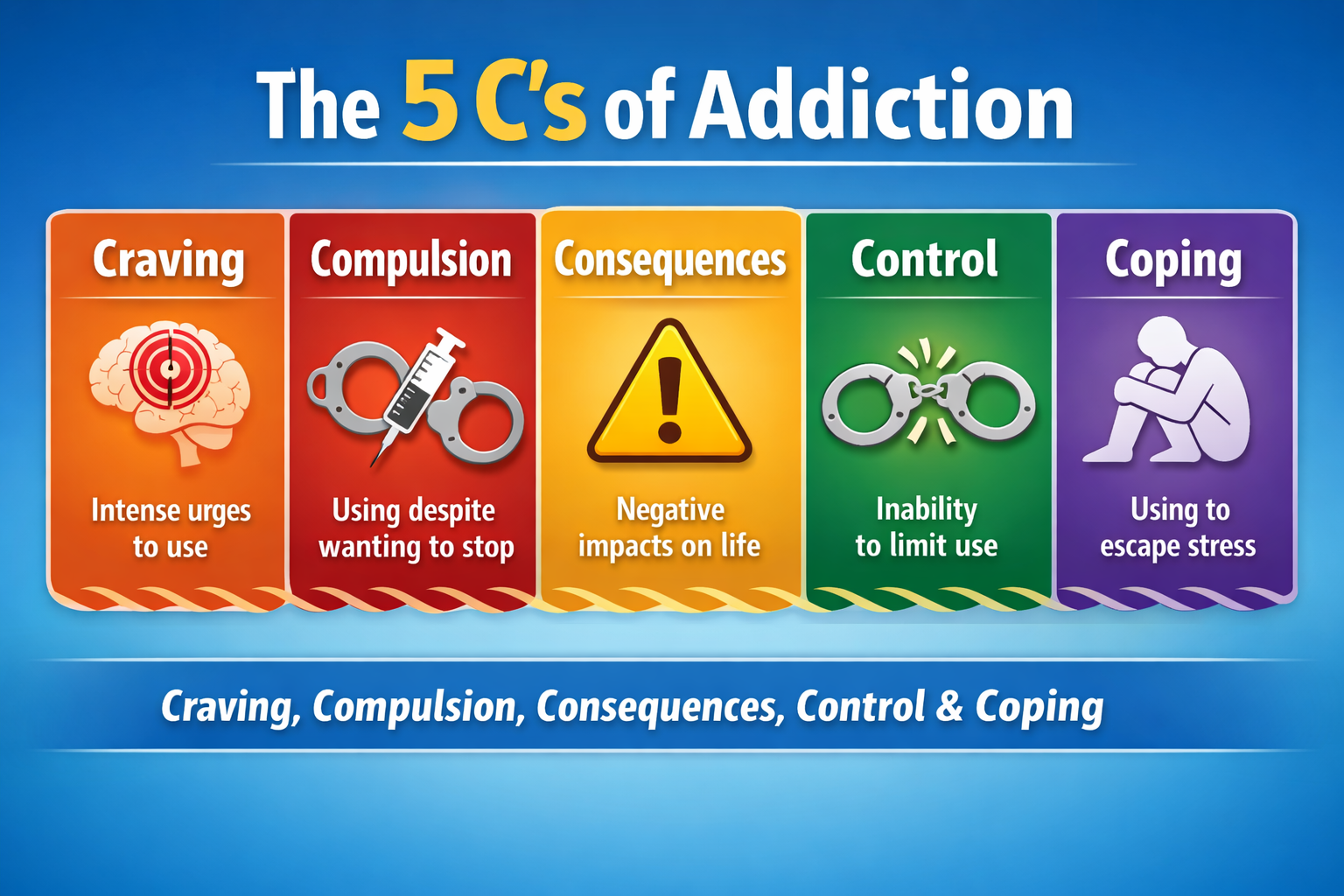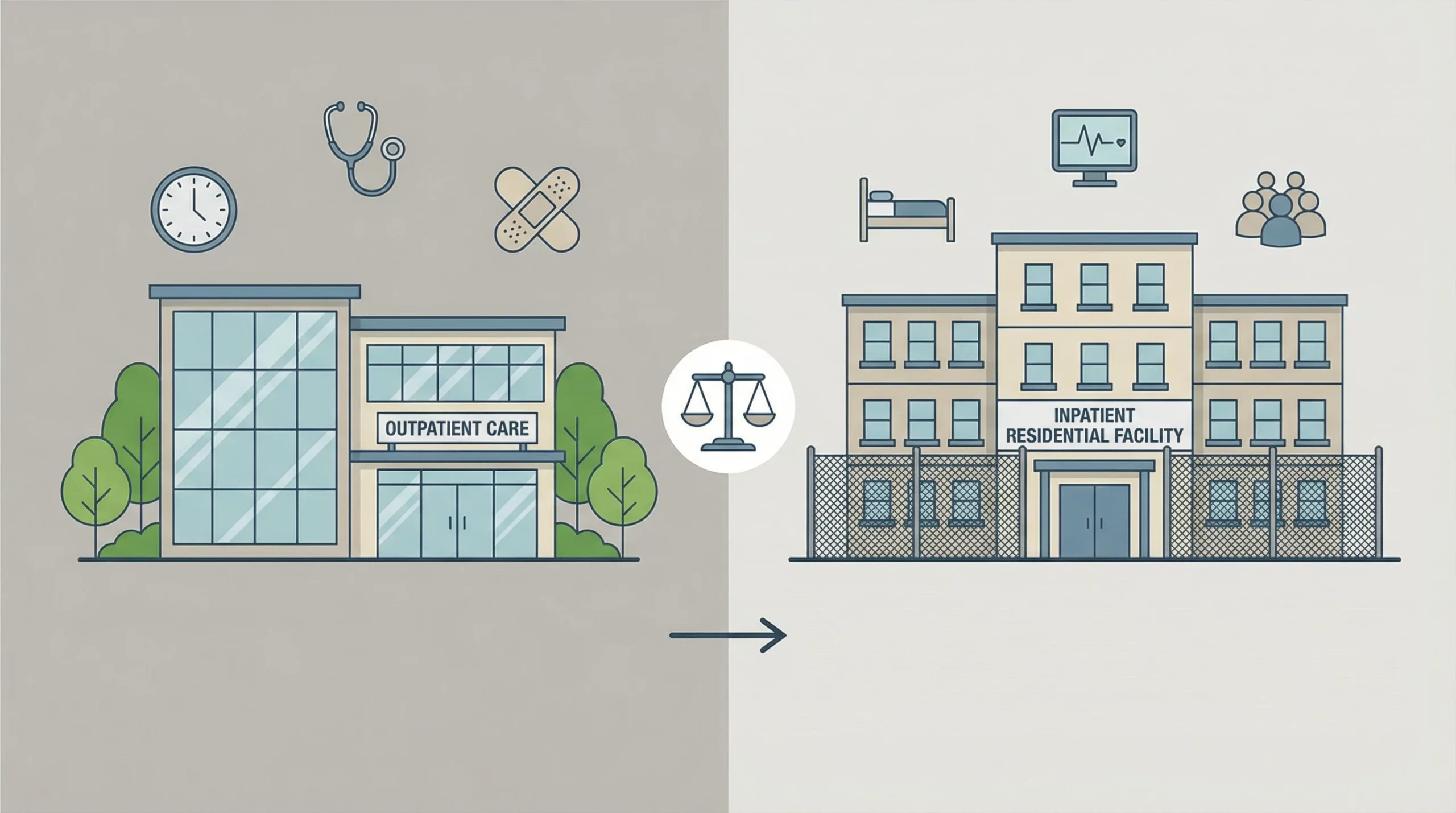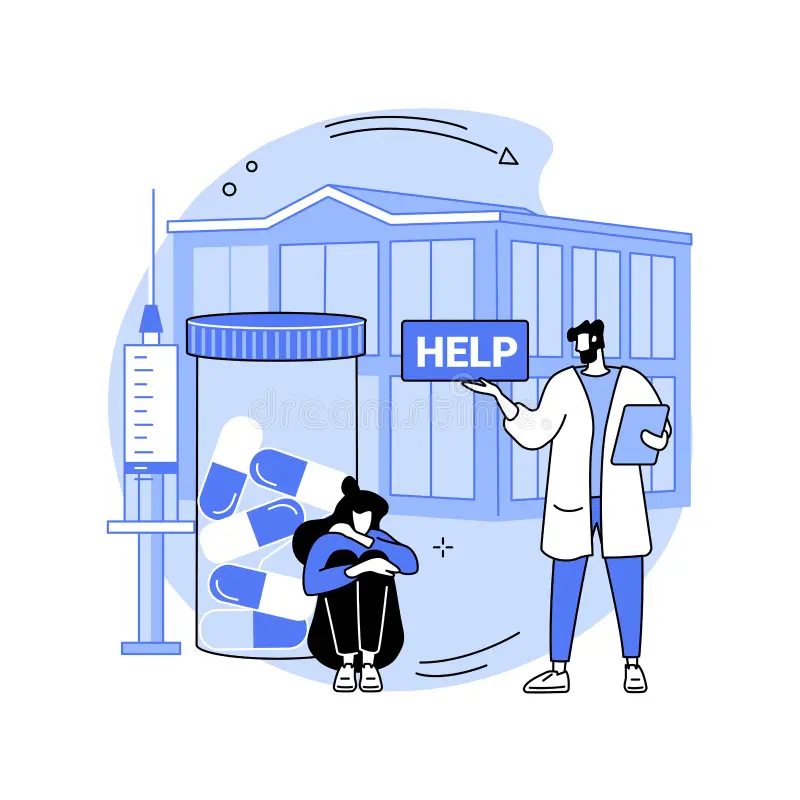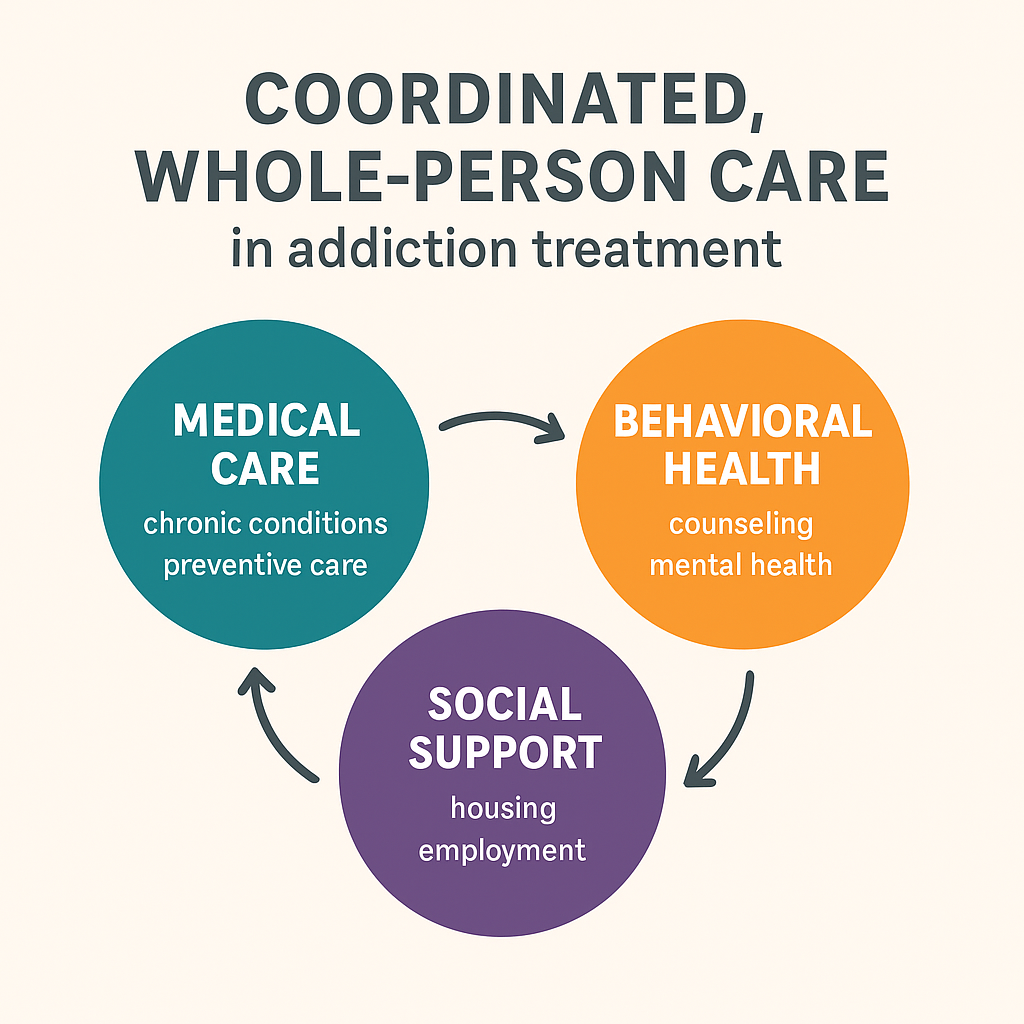Addiction’s 5 C’s Explained
Addiction is far more than repeated substance use or harmful behavior—it is a complex condition that reshapes how a person thinks, feels, relates to others, and understands themselves. Beneath the visible actions lies a powerful cycle driven by brain chemistry, emotional needs, learned habits, and life experiences. Through studying what happens below the surface, it … Read more









